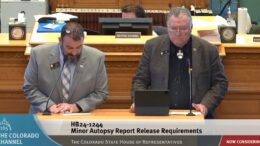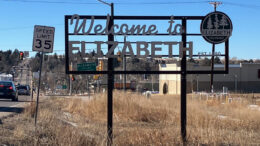Judge: Aurora PD must release all unedited body-cam footage of May 2024 shooting of Kilyn Lewis
A judge ordered Aurora to release all unedited body-worn camera footage of police shooting and killing Kilyn Lewis, finding that the city denied 9NEWS’ requests for the video in violation of Colorado’s Law Enforcement Integrity Act.









